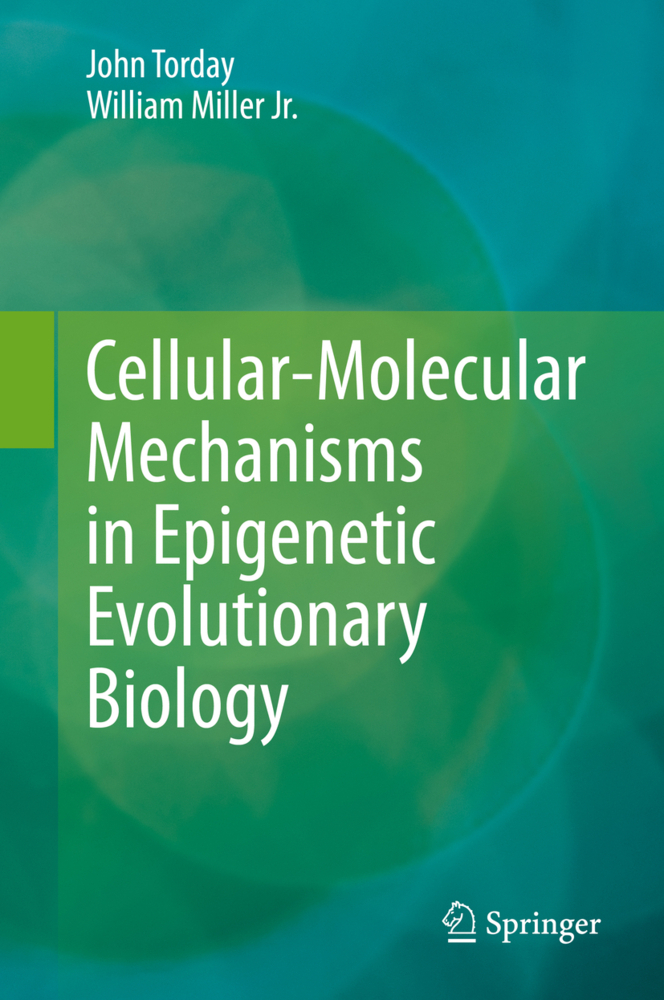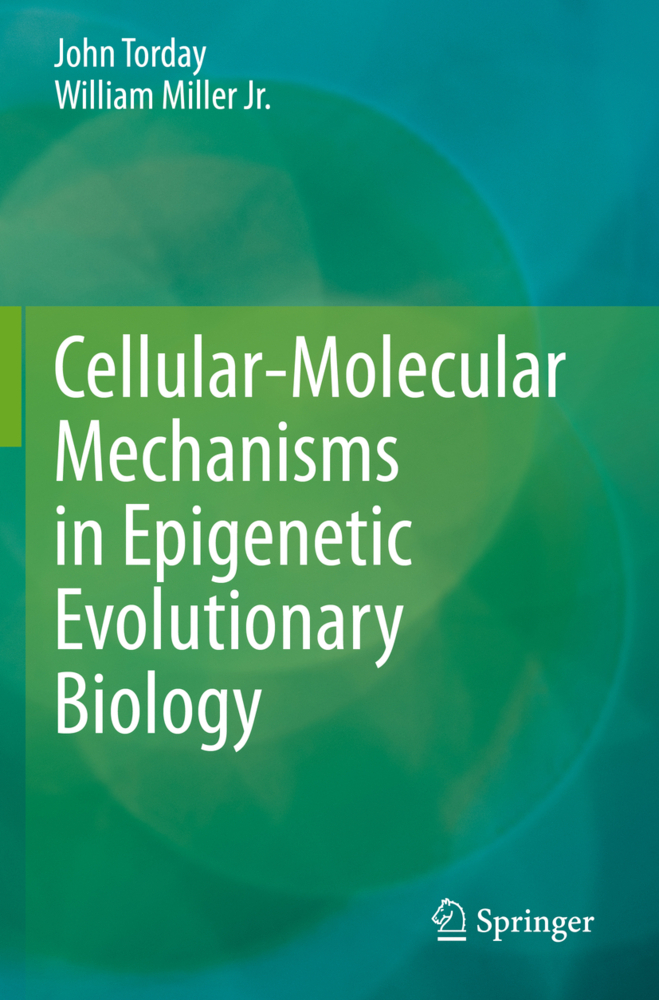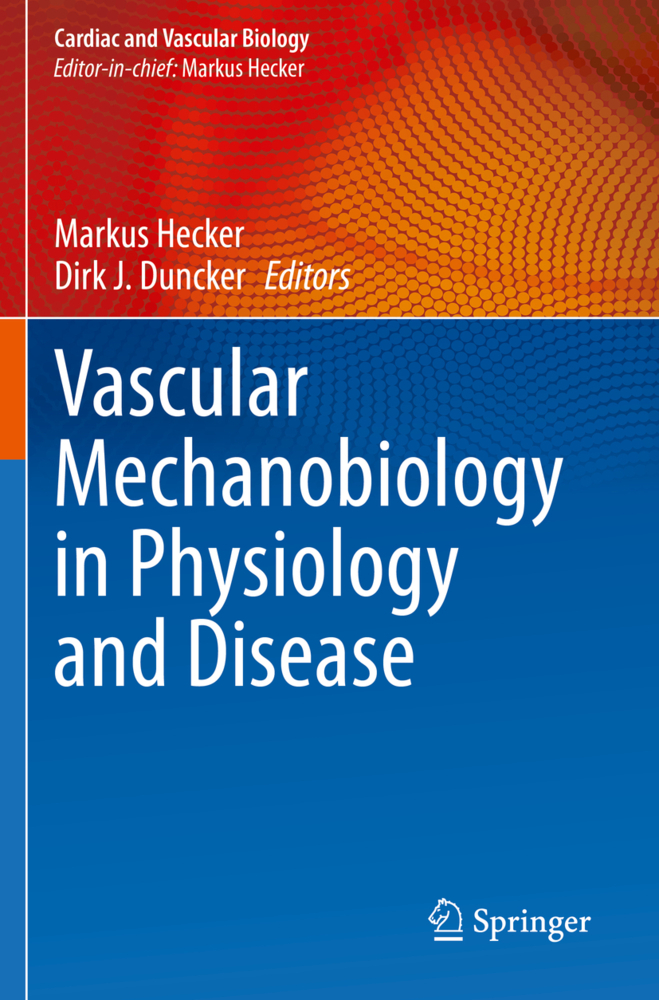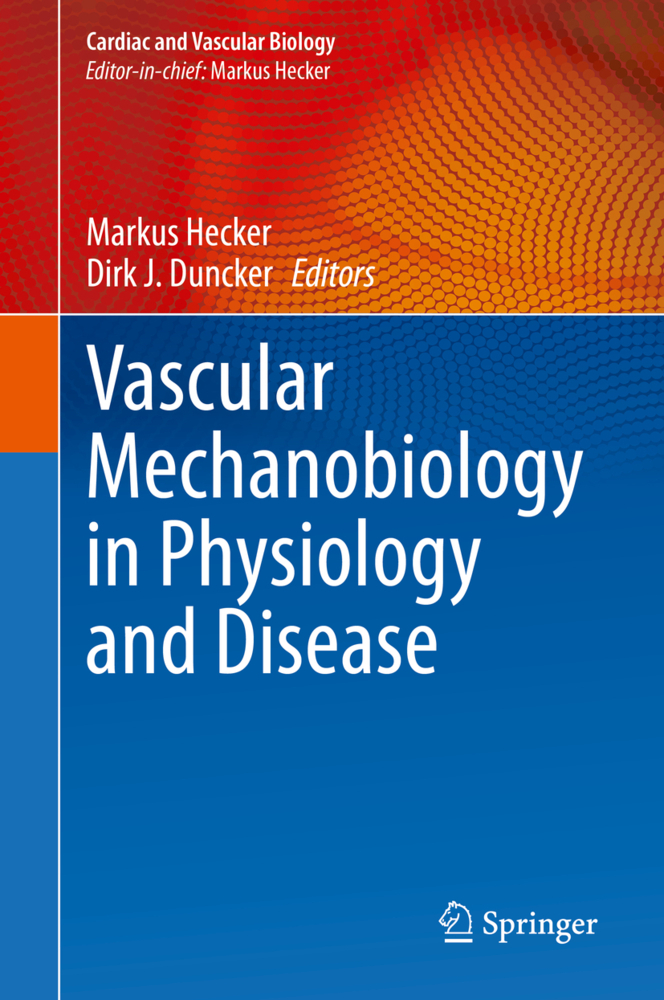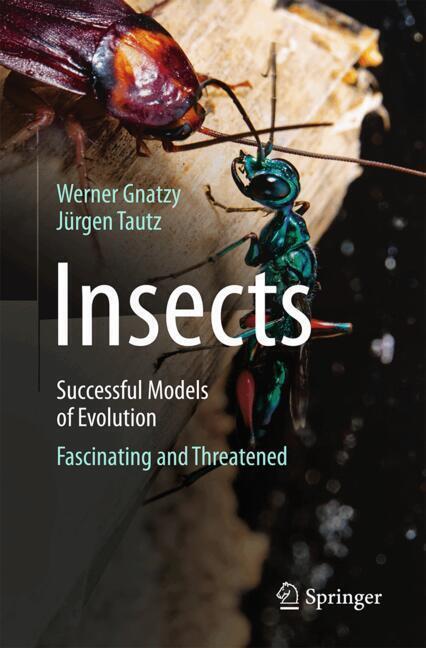Cellular-Molecular Mechanisms in Epigenetic Evolutionary Biology
There has been no mechanistic explanation for evolutionary change consistent with phylogeny in the 150 years since the publication of 'Origins'. As a result, progress in the field of evolutionary biology has stagnated, relying on descriptive observations and genetic associations rather testable scientific measures.
This book illuminates the need for a larger evolutionary-based platform for biology. Like physics and chemistry, biology needs a central theory in order to frame the questions that arise, the way hypotheses are tested, and how to interpret the data in the context of a continuum.The reduction of biology to its self-referential, self-organized properties provides the opportunity to recognize the continuum from the Singularity/Big Bang to Consciousness based on cell-cell communication for homeostasis.
Chapter 1. Introduction
Chapter 2. Darwin, the Modern Synthesis, and a New BiologyChapter 3. Cognition and the living condition
Chapter 4. What is consciousness? An Evolutionary Perspective
Chapter 5. Networking from the Cell to Quantum Mechanics as Consciousness
Chapter 6. The Nature of information and its communication
Chapter 7. The information cycle and biological information management
Chapter 8. Communication and the accumulation of genetic information
Chapter 9. Non-genic means of information reception and exchange
Chapter 10. The primacy of the unicellular state
Chapter 11. Phenotype, niche construction and natural cellular engineering
Chapter 12. Holobionts
Chapter 13. Four Domains: Cognition-based evolution
Chapter 14. Reconciling physics and biology
Chapter 15. What does this mean for evolution?
Chapter 16. Conclusion: Cellular-molecular evolution in the 21st century.
| ISBN | 978-3-030-38132-5 |
|---|---|
| Artikelnummer | 9783030381325 |
| Medientyp | Buch |
| Copyrightjahr | 2020 |
| Verlag | Springer, Berlin |
| Umfang | XV, 214 Seiten |
| Abbildungen | XV, 214 p. 10 illus., 7 illus. in color. |
| Sprache | Englisch |

